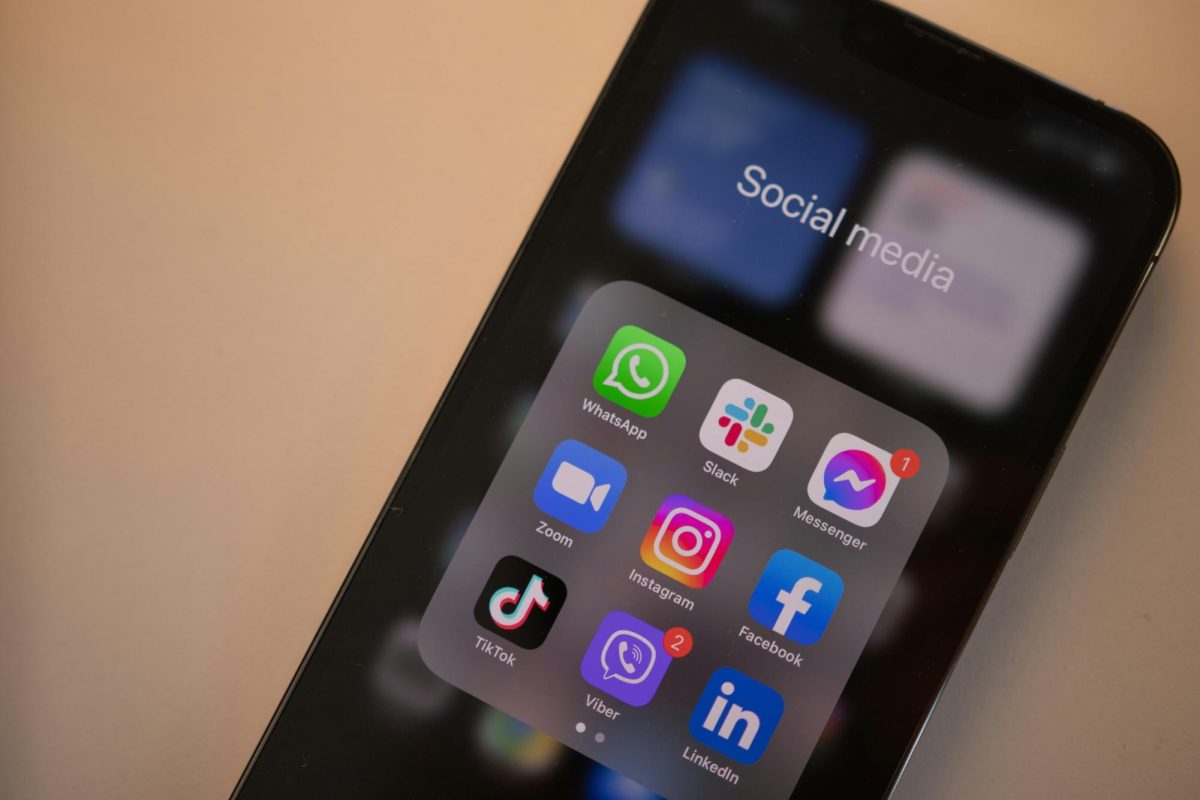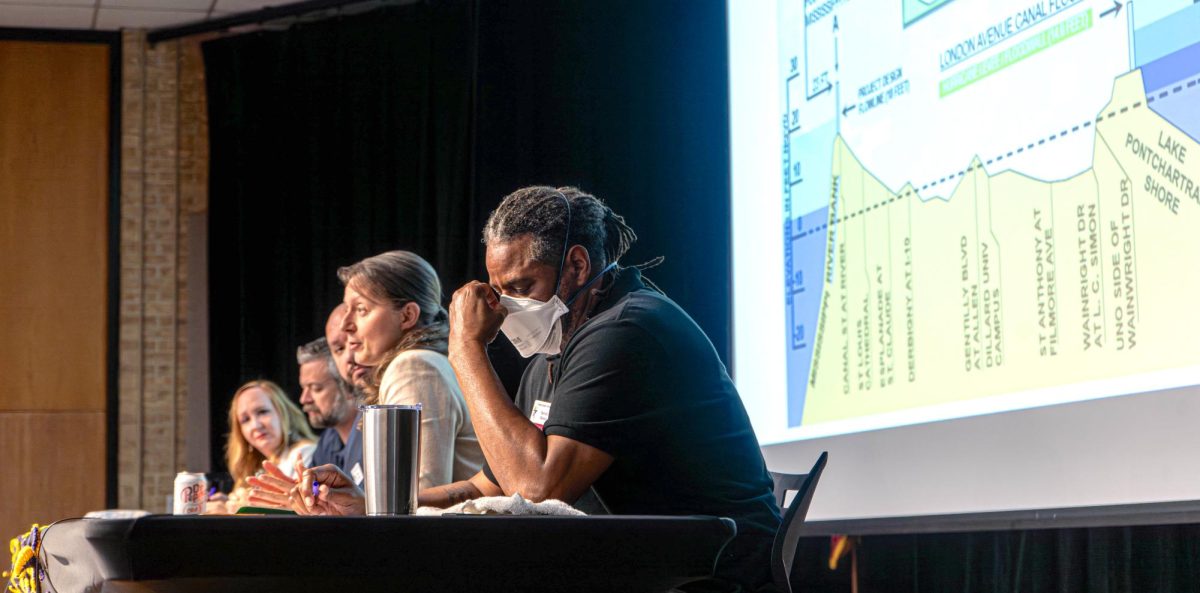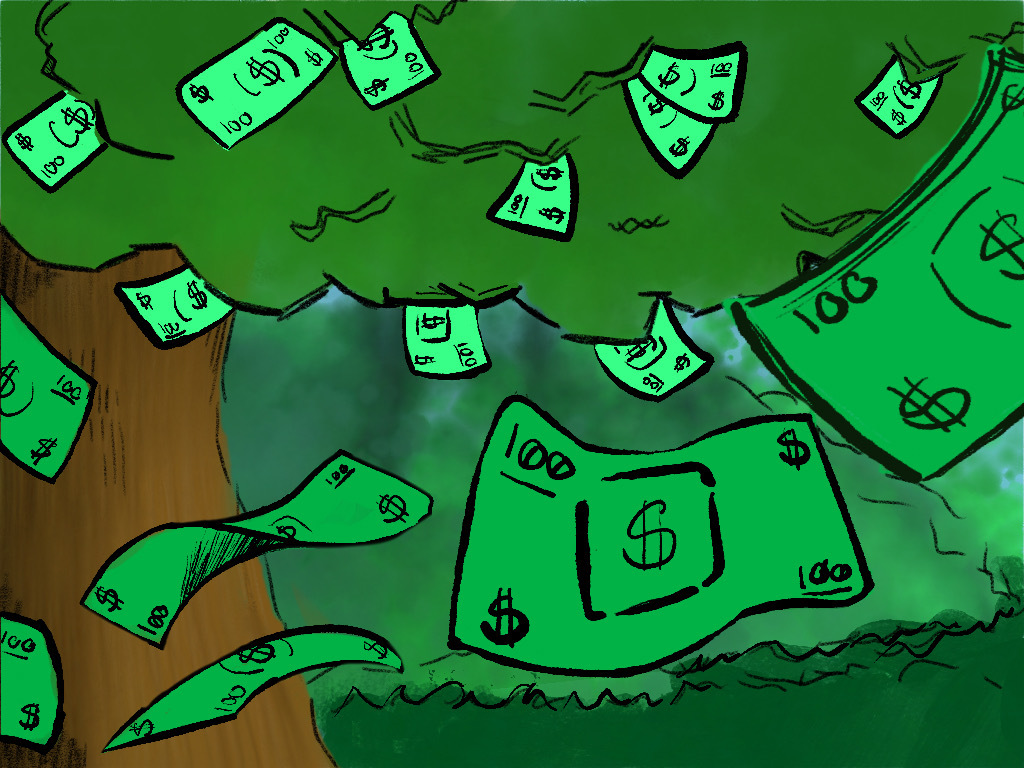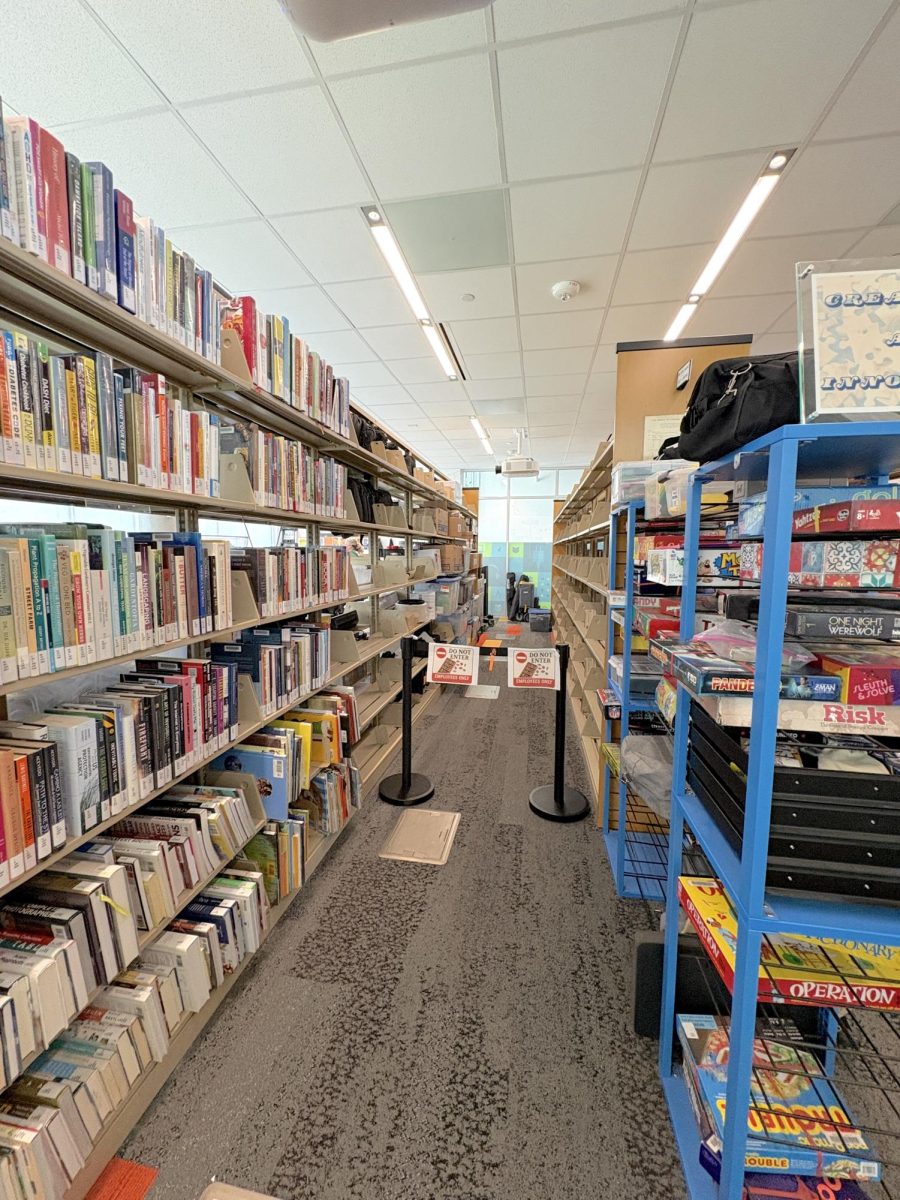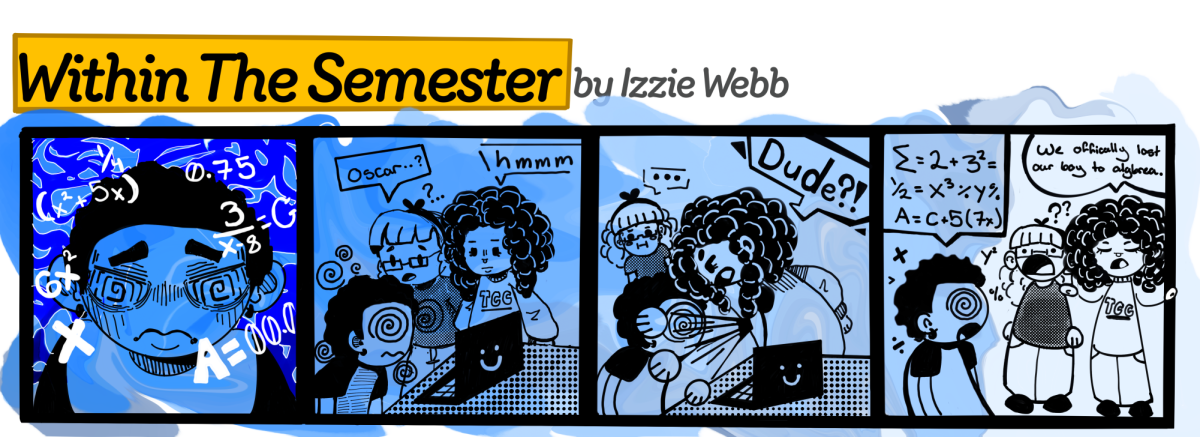Influencers and pop media stars can’t be held to the same standards as politicians when it comes to social justice issues.
It must also be said that it is important that people with platforms reject injustice. There is power in popularity, and that power can be used to make a stance clear. In most cases, that is beneficial to a cause.
What isn’t beneficial is expecting a star to get the facts right the first time.
Pushing these people to spread information online when they are not equipped to handle the delivery or research necessary only creates a flood of misinformation.
It also gives some of these same people more power, and garner attention from it that serves them in a selfish way.
I’ve seen online how current events will sneak their way into comment sections of people most known for comedy or general media entertainment. The internet hive mind has a funny way of all having the same idea on who to pick on.
While it is an impractical expectation, I understand the feeling is involuntary. Online access spreads information like wildfire, and algorithms are made to hand feed you content from the palms of your favorite online celebrity.
Because of that, I know the desire to want someone’s favorite to be right, or revolutionary might override the skills we learned in grade school to use research discretion. At the end of the day, however, it’s not their responsibility. People must be pickier in their online consumption.
It’s important to discuss the topic of influencers and celebrities using their platform to understand how they got their platform.
Context, like any researcher would want to know, will tell you if the person spreading online information has words of value to share.
I don’t entirely know if a TikTok star has the right to call authority on an international conflict that has no relation to the nation in question or the people.
I know it sounds harsh, but I would rather someone who has a stronger connection to the conflict make a statement because I can trust them as a source.
Ad Verecund – the authority figure argument – can tilt in the direction of fallacy or strong support, especially in this situation where being a celebrity with a platform simply isn’t enough.
Plenty of wrong people have had large platforms in history, even current day.
In the worst cases, I’ve seen celebrity careers take nose-dives for feeling the pressure and trying their hand at social justice commentary.
Most often, however, its virtue signaling. The practice is almost gross, seeing how a serious issue can be taken and torn between internet users to see who the better voice is and who will be the stronger advocate.
People often forget that with real social issues come actual, irreversible consequences.
The affected are not soothed because an actor or singer says its bad, only actions make the difference.
That’s why this odd, almost cultural flip on influencers and politicians has taken a weird angle.
I see more about holding influencers and celebrities accountable for their lack of action or misuse of information than I see actual politicians and those in government feeling the effects of it. Even weirder, I see more of a response from those same influencers than politicians to the public.
I would be a hypocrite, however, if I did not bring up how even journalists are guilty of this too.
We have more codes of conduct to adhere to, but a lot of us are sorely opinionated. It’s easy for any journalist to feel they are steering in the right direction while drifting into inaccuracy.
It is even our own responsibility to always be aware of the power media gives us, and we need to always strive for accuracy.
It is a privilege to have a platform, not a right. It is the public’s right, however, to have fair and accurate information presented to them.
The fact of the matter is, unless the celebrity has a background or experience in research, or the issue at hand, pushing them to say something online could absolutely create a tragedy in the wake. Remember, the power of the platform could sway the issue at hand either direction.
We need to start expecting these things from those who have actual lawmaking ability. If we flooded the socials of lawmakers closer to our communities, we could start asking questions to the people who need to be reminded of accountability the most.
























